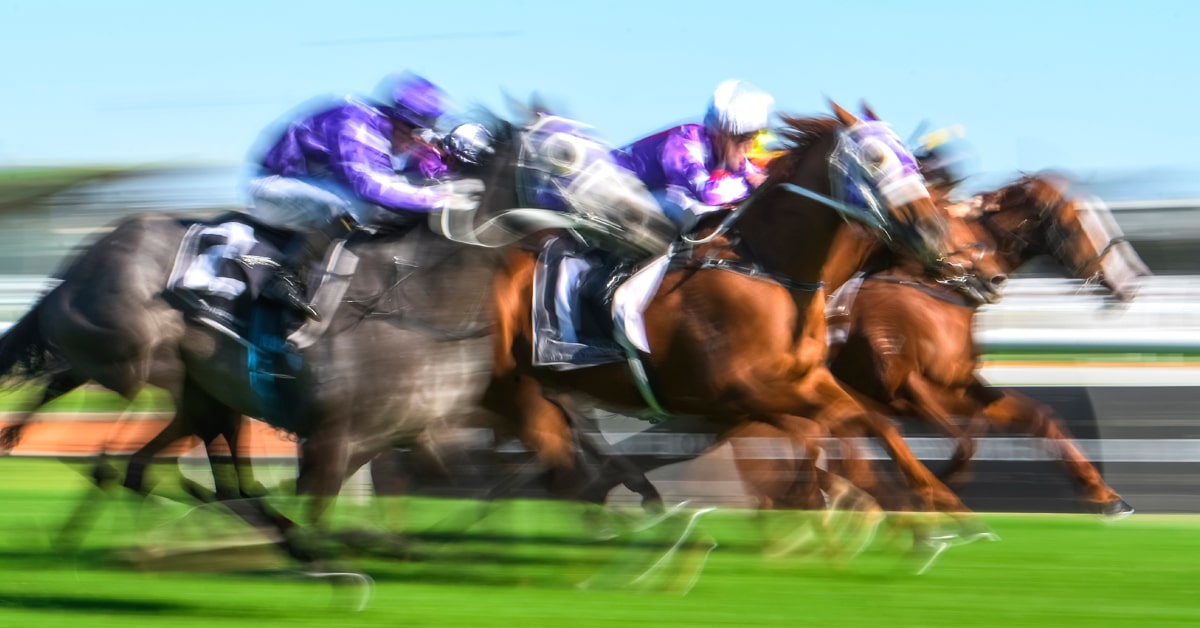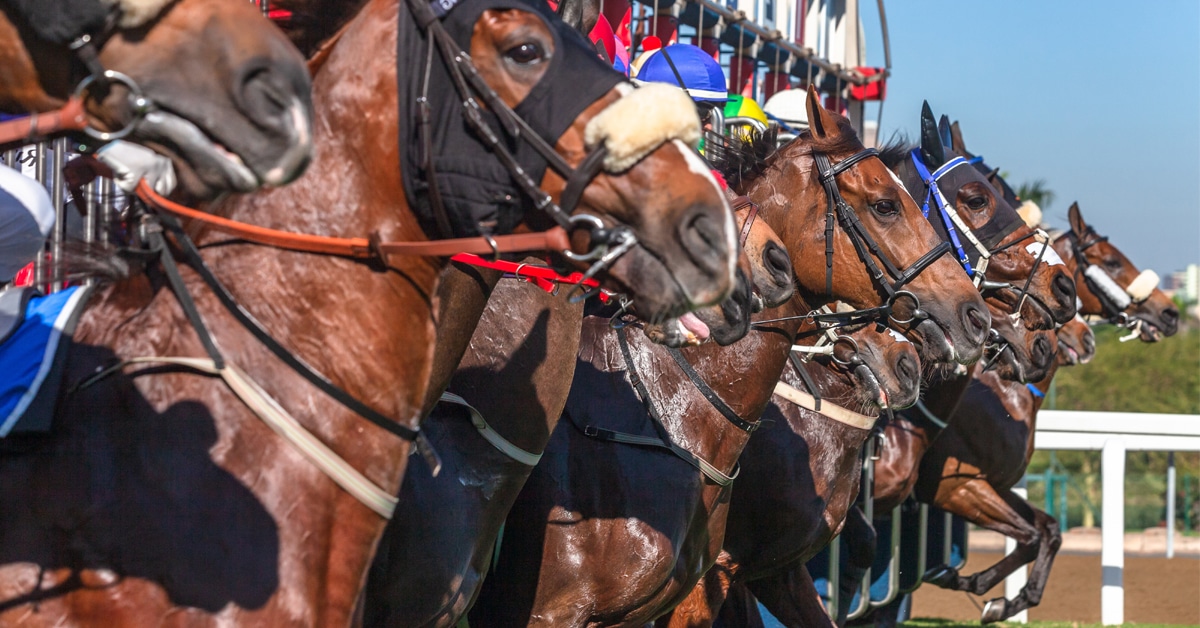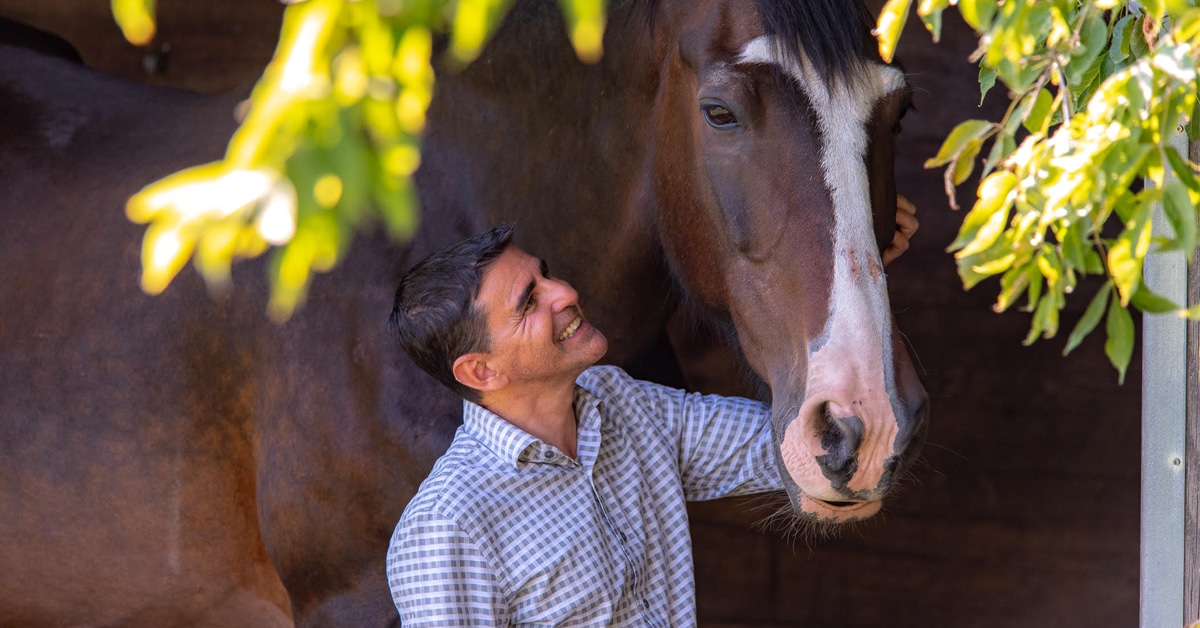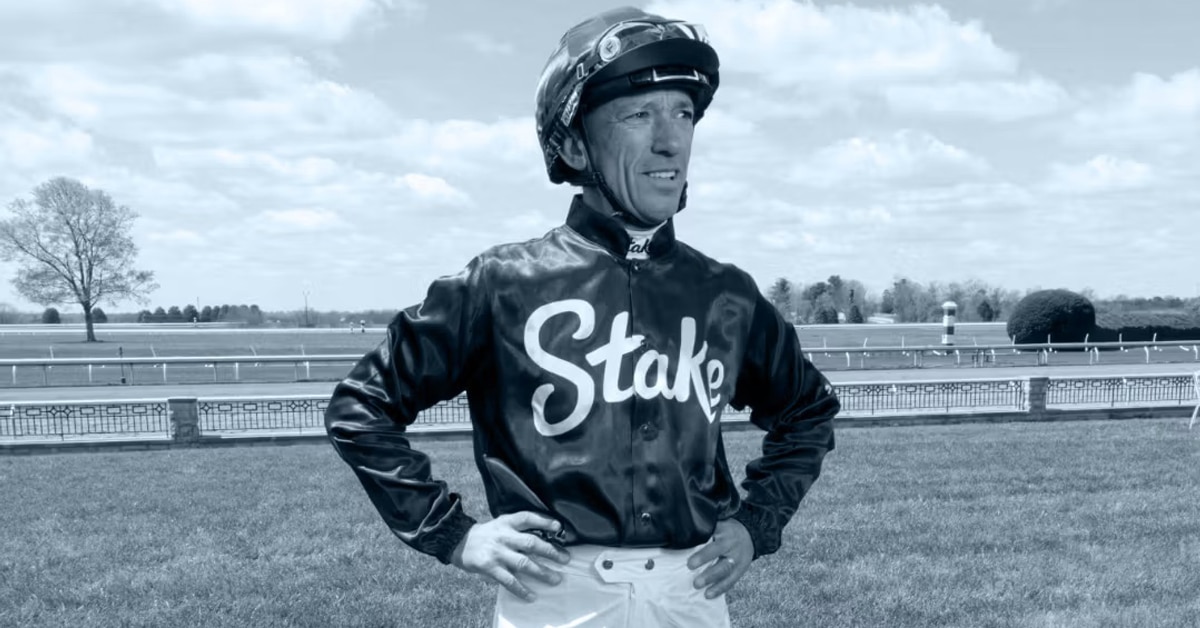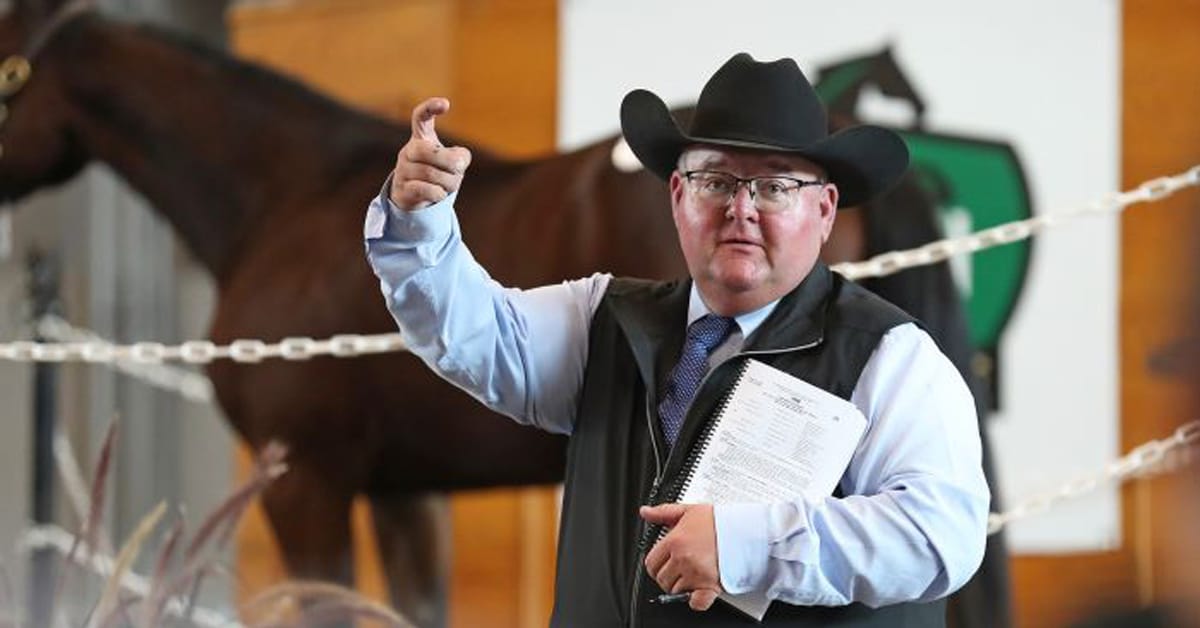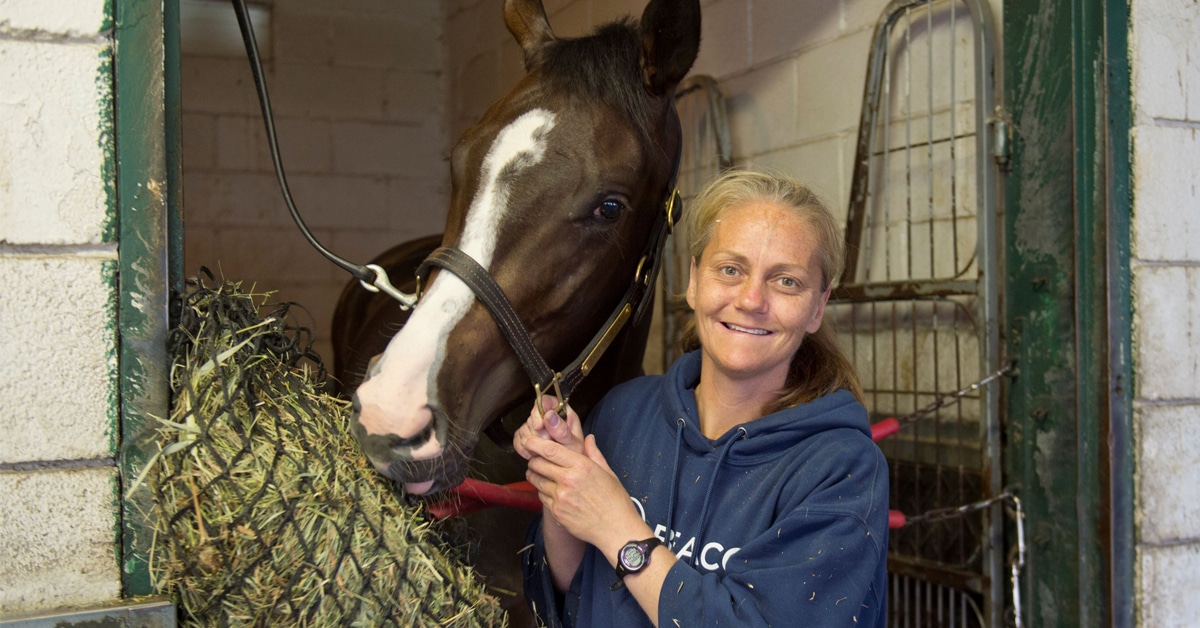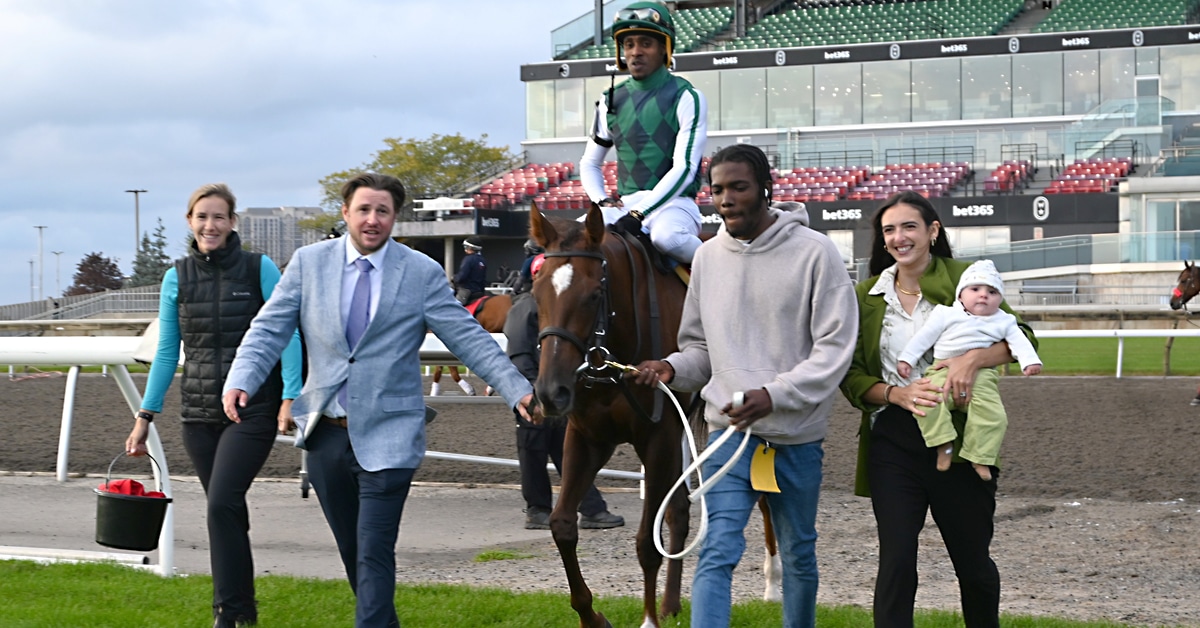Sovereign Award-winning breeder Ivan Dalos has built up his vastly successful breeding and racing operation from the ground up. Today, Dalos’ homebreds, rich with pedigree lines he developed himself, command strong prices at auction and have proven to be successful racing in all parts of the continent. Those that Dalos does not end up selling, race at Woodbine and are frequent visitors to the stakes winner’s circle. Grade 1 winners bred by Dalos include Victory Gallop, Channel Maker and Johnny Bear while his own champions include Ami’s Gizmo, Amis Mesa and Avie’s Flatter.
Dalos continues to maintain a large broodmare band in Canada and he sells his horses in Ontario and Kentucky.
What are the most critical challenges facing the industry in Canada today?
“I don’t even know where to begin. I think our breeding industry is dying and it is from a combination of a lot of things. I see it as the chicken or the egg problem. For example, the sales in Canada are dismal. We have the public convinced that we will sell horses for nothing. People are expecting to buy horses for $3,000 or $4,000 when it costs $20-$30,000 to get them there and that’s just cost. We can’t afford to do that so small breeders are going out of business.
“People say nobody is breeding a good horse for the sale. Well you can’t afford to breed a good horse for the sale. And if you have a good horse, people don’t want to pay for it. I’m forced to sell in the States. And once I sell it in the States, there’s a good chance it’s not coming back to Canada.
“Do we have to get racing purses to the point where people want to get an Ontario bred or Canadian bred horse as opposed to just a horse to buy? Because if they are willing to buy then people can breed.”
What needs to change about the industry in the next 5-10 years?
“We need to have a good Ontario-sired program. A lot of jurisdictions in the U.S. are supporting their breeding programs: Pennsylvania, Florida, Kentucky, etc. Any state that wants to have horse racing supports its breeding program. If we get rid of Ontario-sired racing, that kills Ontario breeding.
“Having a Canadian-bred foal means that they were only foaled here and they were here only for the two months needed to qualify as a Canadian-bred. We have them for two months and that doesn’t keep a farm going.
“With Ontario-bred/Ontario sired horses, they are most likely here year round that gives the industry 12 months working with the horse. I’ve got three young stallions here I will probably have to try and move them. I moved one to Florida for a test run, Ami’s Flatter.”
How can you help affect that change?
“I have no idea. I don’t know what is in my power to change. There isn’t a clear vision. It will take a whole bunch of different things incrementally to start turning things around. I will still continue breeding and racing. I am almost 80 years of age and I decided this is what I wanted to do after I retired from my business. I’m doing to do it for as long as my brain is there and the money is there.
“It’s never been about the money. I love the business, I love to create a horse and I race because I breed. I do it because it gives me joy.”
Where do you see the thoroughbred industry in Canada in 10 years?
“I think the breeding industry is gone because people who left it aren’t going to come back. So just a few of us left will be able to survive and stay in it. If people do come back, it is a very slow process. When you breed a horse you breed it for four years hence.
“I just don’t think there will be breeding here. There will always be racing because people can buy horses in the States. There are American owners who race horses up here, so it will be mostly American horses running here.”
The Latest
